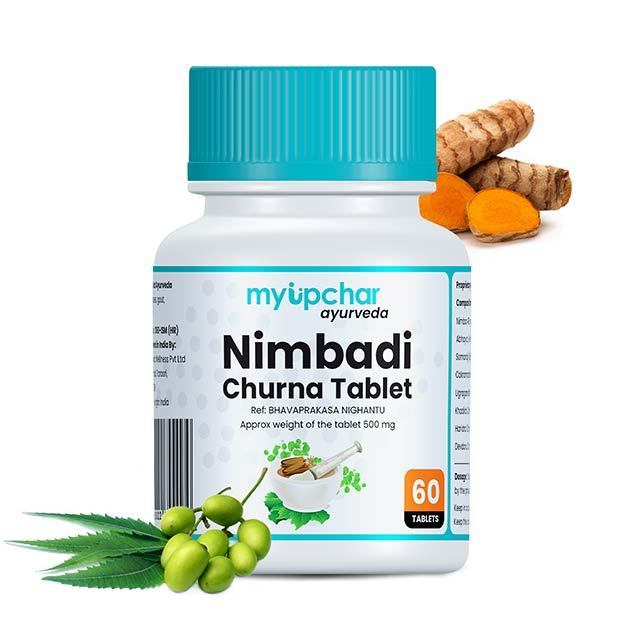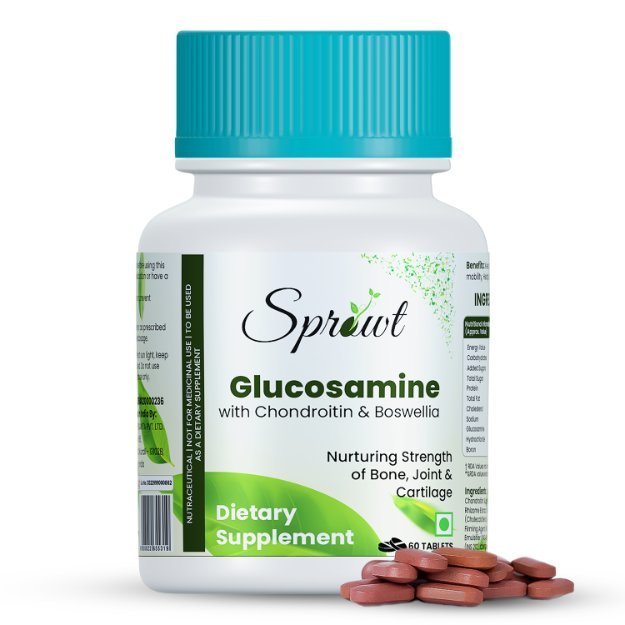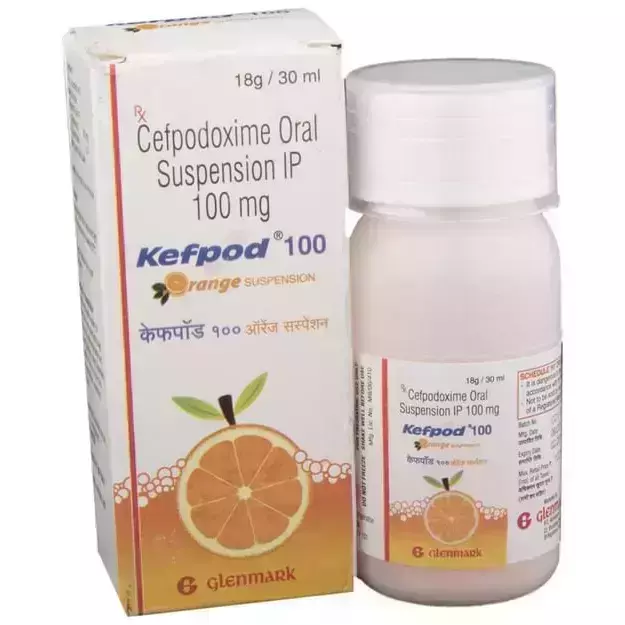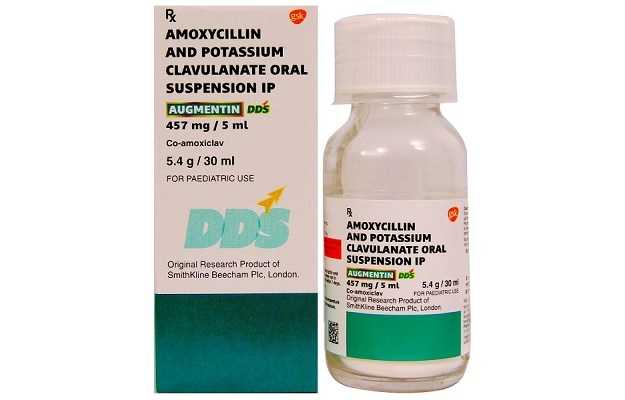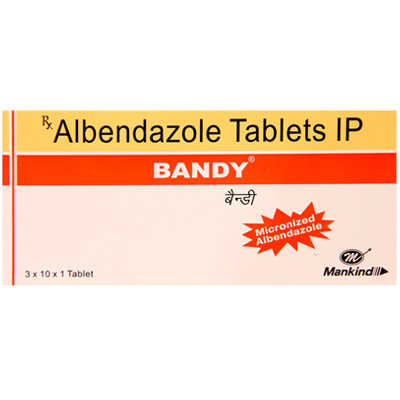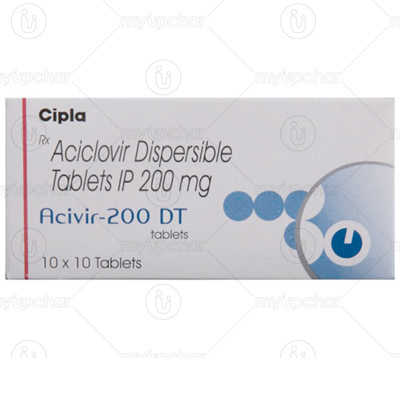Aglomycetin is a prescription drug, available for use as Drops, Suspension, Tablet. It is typically used for the treatment of Bacterial Infections. Aglomycetin also has some secondary and off-label uses. These are listed below.
The optimal dosage of Aglomycetin is largely dependent on the individual's body weight, medical history, gender and age. Individual symptoms and route of administration also determines the right dosage. Detailed information has been provided in the dosage section.
Apart from the aforementioned side effects, Aglomycetin can also lead to other problems, which have been listed below. Normally, these side effects of Aglomycetin are not long lasting and go away when the treatment is finished. However, if these continue for a longer time, consult your doctor right away.
In addition, Aglomycetin's effect is Severe during pregnancy and Severe for lactating mothers. In addition, Aglomycetin's effects on the liver, heart and kidney are discussed below in the Aglomycetin related warnings section.
Aglomycetin is contraindicated in people with pre-existing medical conditions like Kidney Disease, Liver Disease as it can result in adverse effects. Some other conditions that can be affected by Aglomycetin are listed in the contraindications section below.
Additionally, Aglomycetin may also adversely react with other medicines. Refer to the list below for further details.
Along with the above-mentioned precautions, remember that taking Aglomycetin is considered safe while driving, and is addictive.
X











